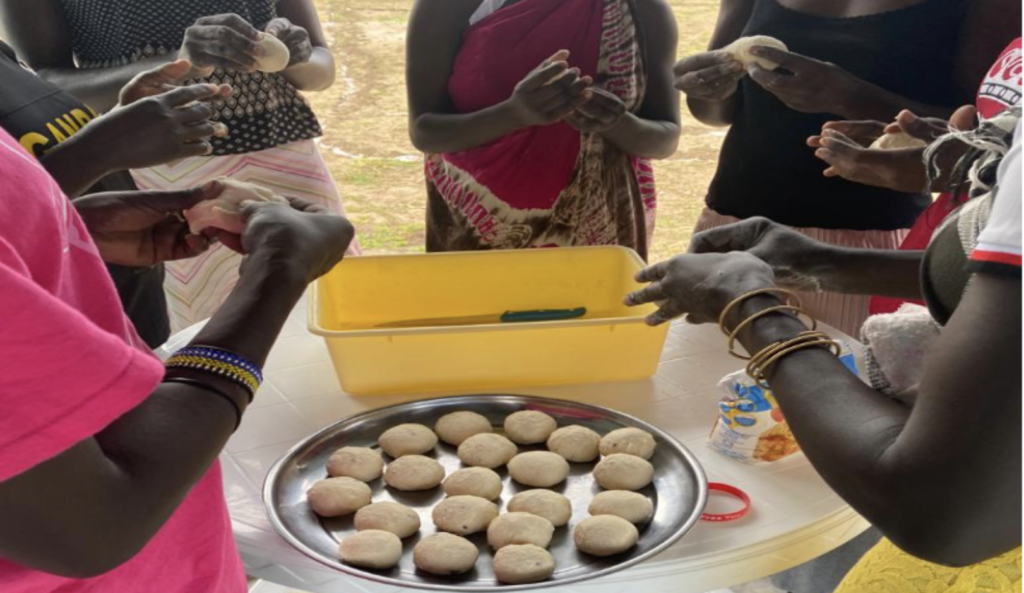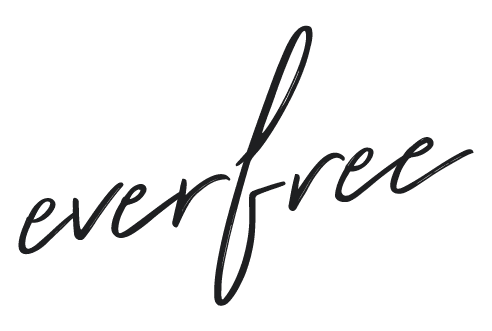
Every day, EverFree’s phones ring with referrals for girls in urgent need of life-saving care.
To reach more survivors with the care they need to rebuild their lives and thrive in freedom, EverFree opened a new shelter for trafficking victims in collaboration with Hope’s Cry earlier this year.
Based in Karamoja, the shelter serves one of the most vulnerable regions of Uganda, which is known for sky high poverty rates and widespread child trafficking.
Led by Lilian Nalukwago, EverFree’s International Program Development Manager, the EverFree team in Uganda collaborated with Hope’s Cry to understand the needs of survivors and local communities in the region, and deploy the EverFree model tailored to those needs. . By training Hope’s Cry staff in trauma-informed approaches and building a clear referral pathway for first responders, EverFree helped launch the shelter and increase the capacity of local leaders to support human trafficking survivors with high-quality care.
“The impact of this program has already been overwhelmingly positive,” says Michelle Allen of Hope’s Cry. “We couldn’t have done any of this without Everfree. To meet the incredible need in the area we serve, EverFree has given us the foundation to help us grow quickly, efficiently and with the maximum impact possible.”
EverFree continues to support the shelter program with staff training and capacity building. After a few short months, the impact is already being seen as survivors in the program find healing and take steps towards lasting freedom. The local government and community are grateful to finally have a program dedicated to stopping trafficking and supporting survivors.
“When the girls first came to the shelter, they felt that there was no ray of hope and had given up on life,” Lilian Nalukwago says. “But now, one can see a ray of hope in their eyes. Through medical and psychosocial support, literacy skills, and vocational skills training, the girls are confident that what they have learned will be of great use toward economically empowering themselves and their families.”
